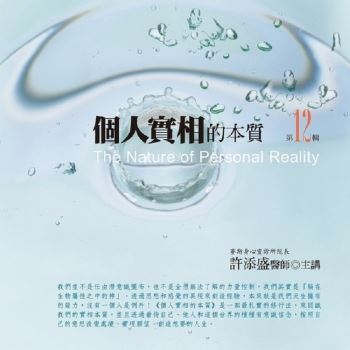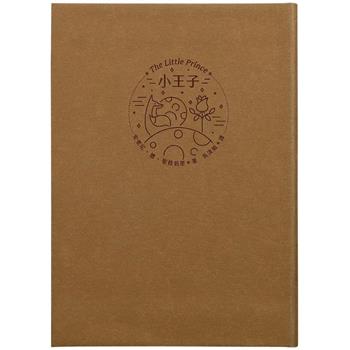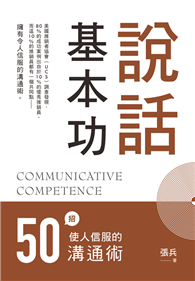Andrea Donarini is an apl. professor within the Quantum Transport and Spintronics chair at the University of Regensburg (Germany), where he teaches and conducts research in the field of quantum transport at the nanoscale. He graduated from the University of Milan (Italy) before earning his PhD in Physics at the Technical University of Denmark (Lyngby). Since then, he has advanced his career at the University of Regensburg, being appointed an apl. Professor in 2020. Prof. Donarini’s research primarily focuses on the transport characteristics of complex interacting nanojunctions. Specifically, he has explored various aspects of the interplay between interference and interaction in single molecule junctions and quantum dot structures. His quest to identify markers of many-body interference phenomena, both in current and noise, has led him to investigate single electron transistors, STM single molecule junctions, nanoelectromechanical systems, and most recently, lightwave-STM junctions.
Milena Grifoni is a professor of Theoretical Physics at the University of Regensburg (Germany), where she leads a research group studying non-equilibrium properties of open quantum systems. She obtained her Master’s degree and PhD at the University of Genoa (Italy). Following a post-doctoral phase in Germany, she became a permanent staff member at the Technical University of Delft (The Netherlands). In 2003, she assumed a chair for theoretical physics in Regensburg. Prof. Grifoni’s work has predominantly focused on the dynamical and stationary properties of open quantum systems. This includes investigating dissipative properties of quantum particles interacting with bosonic thermal reservoirs, as well as electronic transport in non-equilibrium fermionic environments. She is recognized for influential contributions to the driven spin-boson problem, which have found recent applications in superconducting qubit platforms. Additionally, her studies on the non-equilibrium Kondo effect and other many-body phenomena in carbon nanotubes, molecules, and other low-dimensional systems have made significant contributions to the field.

 看圖書介紹
看圖書介紹




![塔木德:猶太人的致富聖經[修訂版]:1000多年來帶領猶太人快速累積財富的神祕經典 塔木德:猶太人的致富聖經[修訂版]:1000多年來帶領猶太人快速累積財富的神祕經典](https://media.taaze.tw/showLargeImage.html?sc=11100697818)





